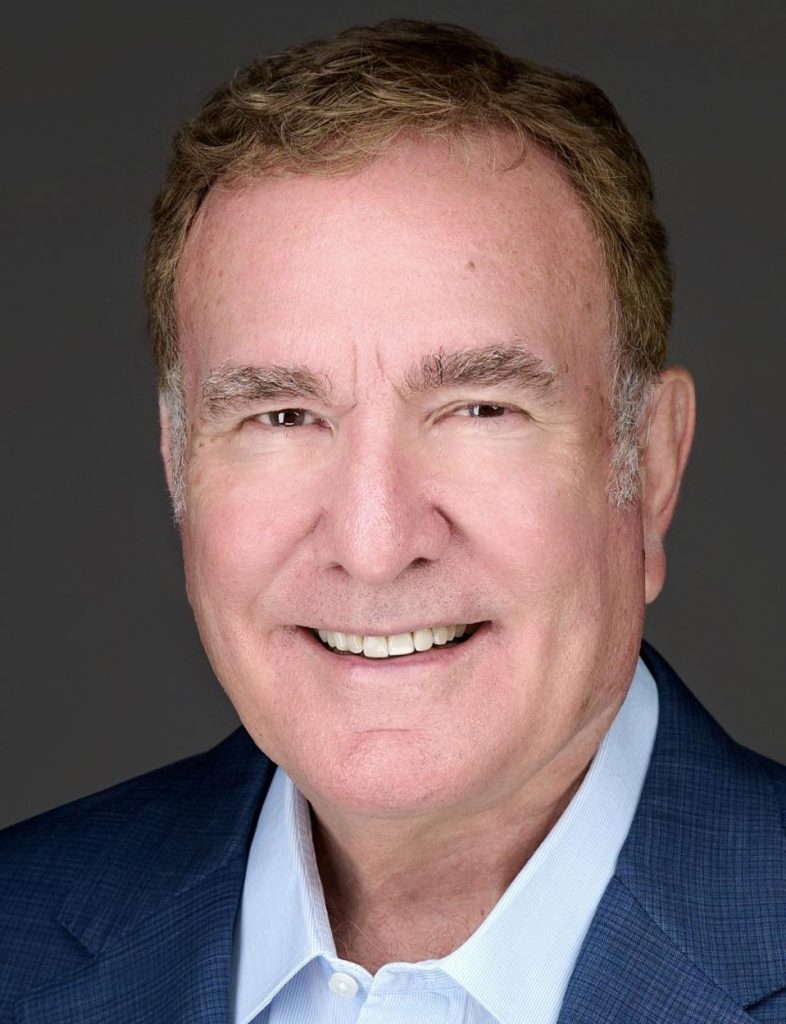When Richard Fain talks about culture, he doesn’t speak in clichés. As the longtime CEO and now Chairman of Royal Caribbean Group, Fain led the company through both exhilarating growth and stormy seas—literally and figuratively. His new book, Delivering the WOW: Culture as Catalyst for Lasting Success, distills decades of leadership wisdom from the helm of one of the world’s most admired hospitality brands.
“Culture,” he says, “is a shared mindset in an organization. It’s hard to define precisely, but unmistakable to anyone who experiences it.” He describes it as the company’s personality—“what turns strategy into reality … or keeps it from doing so.”
That clarity about the power of culture wasn’t theoretical for Fain. It was central to Royal Caribbean’s rise from a niche cruise operator into a global powerhouse known for innovation and service excellence. The throughline of that success, he insists, was a commitment to creating what he calls the “wow.”
“‘Wow’ means delivering an experience so unexpectedly delightful that it creates genuine emotion,” Fain explains. “It’s what we say when something surprises and delights us. At Royal Caribbean Group, the term is what we work to ensure our guests experience, but it applies to more than onboard ship. Whether you’re a dining room waiter, an accountant, or part of the entertainment team, your mission is the same: to deliver that sense of delight that makes guests say, ‘Wow.’”
That focus on delight wasn’t limited to customers. Fain believed the same emotional connection should infuse the company’s internal culture. A shared sense of purpose, he says, is what sustains high performance—especially when no one is watching.
“That’s exactly when culture matters most,” he says. “Rules and policies can go only so far. It’s the shared sense of purpose and values that determines what people do in the moments of truth. When your culture is strong, people make the right decisions instinctively—because it’s ‘who we are,’ not just ‘what we’re told.’”
For Fain, culture and brand are inseparable. “They’re two sides of the same coin,” he says. “When people love what they do and take pride in the difference they make, there’s no limit to what they can accomplish. But if it’s just a job, the spark disappears and you get mediocrity. A brand is the sum of thousands of individual behaviors—each driven by how people feel about where they work. Pride drives performance, and performance builds the brand.”
That mindset was tested many times, particularly during crises. From global recessions to the pandemic shutdown that nearly paralyzed the travel industry, Royal Caribbean faced challenges that could have capsized weaker organizations. What kept the company afloat, Fain says, was its culture.
“While culture is critical in everyday performance, it becomes central in a crisis,” he reflects. “The number and complexity of decisions expand exponentially, and a strong culture helps people make those decisions consistent with the organization’s goals. It also acts as a shield against panic and external pressures. Crises create fear—and fear makes people stupid. A healthy culture empowers people to stay focused and think clearly when it matters most.”
Listening, he adds, is the key to keeping culture healthy. “Listening is an art you develop through experience and by watching great leaders in action. But listening isn’t enough. One has to be intentional about communicating cultural signals explicitly and measuring the outcomes.”
At Royal Caribbean, that meant keeping close tabs on employee engagement. “We constantly track employee engagement to spot early signs of trouble or success. Culture speaks in data, tone, and behavior. But you have to listen carefully.”
Fain also warns that culture must evolve with change. “There’s no successful change without cultural support,” he says. “Openness to innovation and learning is a critical cultural norm that a successful culture must encourage. You can’t simply announce a new direction and expect results unless people believe in the journey. When there’s trust in the culture, employees will follow the organization through transformation. Without it, even the best change management efforts will fail.”
What frustrates him most is how many leaders treat culture as a slogan rather than a discipline. “Too many organizations treat culture as inherent,” Fain says. “When I hear someone say, ‘That’s part of our DNA,’ I cringe because it usually means the leaders have high hopes for a positive culture but aren’t taking the necessary actions to make it a reality. Hope is not a strategy. Culture doesn’t just exist; it’s built every day. Treating it as ‘soft’ is dangerous because it’s actually the hardest, most demanding cornerstone of success.”
If he could plant one question in every leader’s mind, Fain says it would be this: “Would I want to work here if I were considering different job offers?” The answer, he believes, reveals everything about an organization’s true character.
“Culture starts at the top,” he emphasizes. “And the most powerful thing a leader can be is authentic.”
For Fain, authenticity, pride, and a relentless pursuit of “wow” are not just leadership ideals—they’re the anchors of lasting success. When culture fuels both purpose and performance, he argues, it does more than guide behavior. It inspires greatness.

